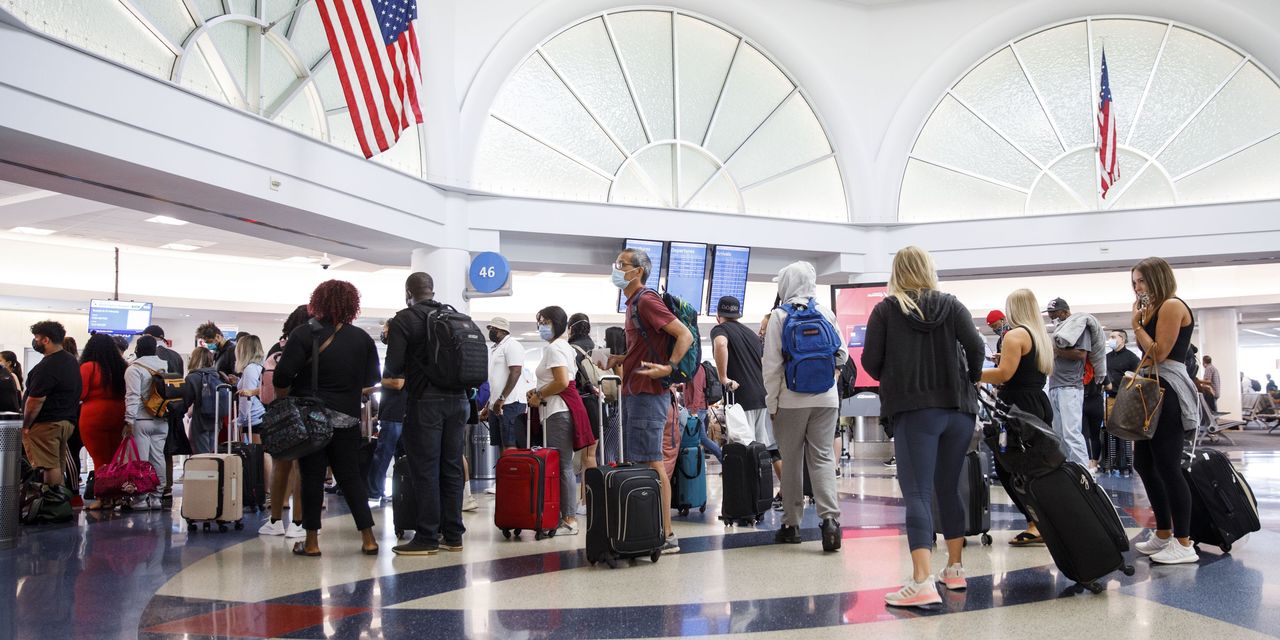
The top U.S. aviation regulator is betting a new suite of software will help ease a longtime frustration for airline passengers: being stuck on a plane that is waiting to get to a runway for takeoff.
The Federal Aviation Administration plans to deploy in the next several years new software at airports that is meant to make it easier to calculate when a plane can travel out to a runway and depart, agency officials said Tuesday.
At Charlotte Douglas International Airport in North Carolina, the system reduced delays by more than 900 hours in all during a four-year testing period, or an average of 15 minutes of wait time each for around 3,600 departing flights, according to the FAA. Carriers also saved on fuel and lowered carbon emissions by avoiding idling, the agency said.
The FAA plans to incorporate the new tools into a system for managing plane traffic at airports the agency had developed as part of its efforts to modernize air transportation, officials said.
“What we should see over time at the larger airports are fewer delays on taxiways and better on-time performance,” FAA Administrator Steve Dickson said Tuesday at a briefing.
This year through July, about 16% of departures were late, according to the Bureau of Transportation Statistics, a federal agency. That is up from 9% during the same period last year, when the Covid-19 pandemic sharply cut into demand for air travel.
Air-traffic controllers using the system will have better visibility into data the airlines are using to operate flights, permitting controllers to be more specific about predicting on-time departures and avoiding bottlenecks on the ground, Mr. Dickson said.
The software tools are expected to be available at 27 larger airports around the country within five to 10 years, according to a spokesman for the FAA. Airlines will have to choose to participate in the system, which relies on companies to share data with the agency.
Executives from some carriers said they plan to work with the FAA on the effort. David Seymour, operations chief at American Airlines Group Inc., said the airline was eager to see the technology applied across the industry.
“Small changes in the way we operate can make meaningful differences in reducing emissions, plus our customers will no doubt appreciate fewer delays on taxi out and takeoff,” he said.
The software tools the FAA plans to roll out were developed by the National Aeronautics and Space Administration, as part of that agency’s focus on aeronautics, said Bill Nelson, administrator of the agency.
Write to Micah Maidenberg at [email protected]
Copyright ©2021 Dow Jones & Company, Inc. All Rights Reserved. 87990cbe856818d5eddac44c7b1cdeb8








